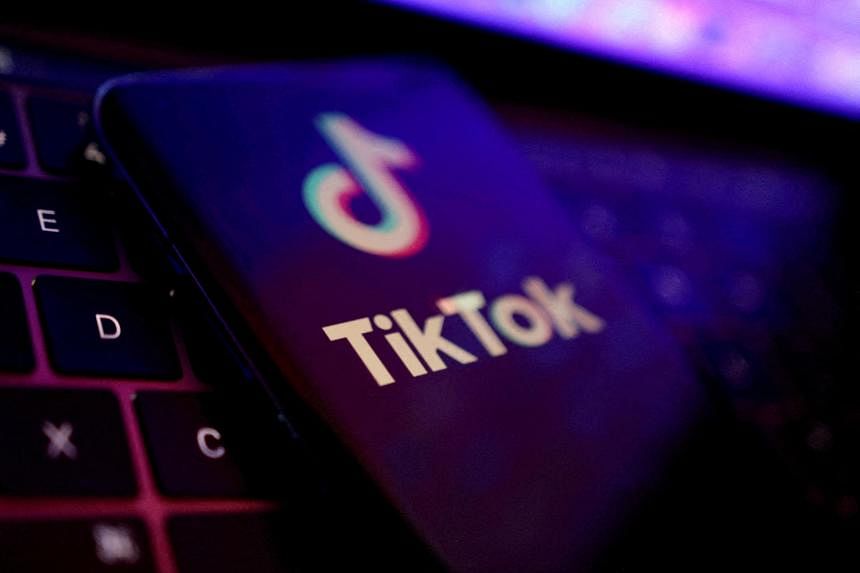SINGAPORE —Short video-sharing app TikTok will now have additional obligations to help combat fake news, including preventing abuse by bots and ensuring online transparency for political advertising under Singapore’s fake news law.
On Tuesday, the app was added to a list of platforms liable to execute these obligations, joining other popular Internet companies which run social media apps, such as Meta, Twitter, Baidu and WeChat, in this role.
In response to queries from The Straits Times, the Protection from Online Falsehoods and Manipulation Act (Pofma) Office said it and the Ministry of Communications and Information (MCI) regularly review the list of prescribed Internet intermediaries under Pofma to ensure that the list is kept up to date.
It said: “As part of this regular review, TikTok has been gazetted as a prescribed Internet intermediary with effect from March 7, 2023 and the Pofma Office has engaged TikTok on these additional obligations.”
It added that some prescribed Internet intermediaries have additional obligations, which will ensure that these platforms put in place requisite systems and processes to minimise the spread of falsehoods.
In response to queries, TikTok, which is owned by Chinese tech company ByteDance, said it has been engaging with the Pofma Office throughout this process.
It added: “Misinformation is an industry-wide challenge no platform can ignore and TikTok is committed to protecting the integrity of our platform.”
As an Internet intermediary, TikTok can be asked to tag misleading information with notices, as well as restrict Singaporeans’ access to content from specific users.
It will also have to follow three codes of practice: to give prominence to credible online sources of information, commit to transparency for online political advertisements, and prevent the abuse of fake accounts and bots.
TikTok arrived in Singapore in 2018. It carries videos up to 10 minutes long, which users navigate by swiping up or down on their smartphones.
The videos range from dance trends to viral memes, but also cover serious educational content, lifestyle, fashion, politics and news.
It is extremely popular in Singapore and the world, especially among younger people. Data from public opinion company YouGov showed about 41 per cent of people in Singapore aged between 18 and 24 had used the app in October 2022. This compares favourably with more established apps like Instagram, which started in 2010, and Facebook, which goes back to 2004.
The app has come under fire for carrying videos rife with misinformation, from topics as diverse as vaccines to election outcomes.
In 2022, The Straits Times found that anonymous TikTok accounts were putting out content critical of Singapore’s decision to implement sanctions against Russia following its invasion of Ukraine, possibly in a bid to sway views here.
TikTok has said it is investing heavily in defending against some of these issues, involving both tech solutions to scan through content on the app, as well as teams of human moderators working in multiple languages.
The Pofma Office added that Pofma helps protect the Singapore public against online harm by countering the proliferation of online falsehoods.
It said: “This is especially relevant during a crisis such as during the Covid-19 pandemic where Pofma had to be invoked to contain the spread of falsehoods.”
It added that under the laws, falsehoods are usually corrected via correction directions which require recipients to insert a notice against the original post, with a link to the Government’s clarification. It said: “The clarification sets out the falsehoods and facts for the public to examine, without the original post being removed. Readers can read both the original post and the facts, and decide for themselves what is the truth.”
Associate Professor Alton Chua from Nanyang Technological University’s Wee Kim Wee School of Communication and Information said the list of Internet intermediaries identified in Pofma is an evolving one.
He said this comes in tandem with the changes in usage patterns on social media.
He added: “As TikTok is increasingly used locally to communicate and share content, what the authorities have tried to do is to bring these in line with how they regulate other platforms such as Google, Twitter, Facebook and Instagram.”


